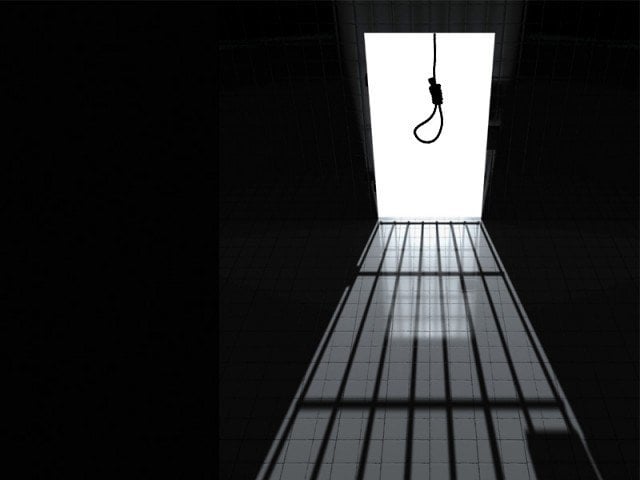In a landmark decision, the Supreme Court of Pakistan has overturned the death sentence of a prisoner after 12 years, ordering his immediate release.
The three-member bench of the Supreme Court annulled the decisions of the trial court and the high court, which had sentenced Muhammad Ijaz, also known as Billa, to death and his co-accused, Naseem Akhtar, to life imprisonment. The Supreme Court found that both the trial court and the high court had convicted the accused without sufficient evidence.
The case dates back to 2010 when Muhammad Ijaz was convicted of murdering the husband of Naseem Akhtar, allegedly his accomplice. The prosecution had claimed that the two had an illicit relationship and that they were caught red-handed giving the victim electric shocks. According to the prosecution, Muhammad Ijaz started firing when confronted, resulting in the victim’s death.
The defense, however, argued that the case was misrepresented as a murder when it was actually a suicide. The defense lawyer contended that there was no evidence to support the claim of an illicit relationship between the accused. It was further argued that the victim had committed suicide due to not receiving his share of the family inheritance.
The Supreme Court noted discrepancies in the statements and evidence presented by the prosecution. It pointed out that the prosecution’s key witness, who claimed to have caught the accused in a compromising position, was not a direct witness to any illicit relationship. Furthermore, the court observed that the victim had never filed any complaints against his wife or Muhammad Ijaz.
The Supreme Court expressed astonishment at the lower courts’ judgments, which had declared the relationship illicit without concrete proof. The incident occurred in broad daylight, yet no witnesses corroborated the prosecution’s narrative. The court also noted that Naseem Akhtar was pressuring her husband to secure his rightful share of the family inheritance.
The court highlighted the plight of Naseem Akhtar’s four children, who have been separated from their mother due to her imprisonment. The judgment emphasized the necessity for the mother to be with her children for their proper upbringing, stating that the separation had caused them significant mental distress.
In its verdict, the Supreme Court ordered the acquittal of Muhammad Ijaz and Naseem Akhtar, stating that the legal system should not separate the children from their mother. The judgment underscores the importance of fair trials and the need for substantial evidence before convicting individuals of serious crimes.














